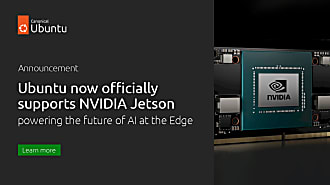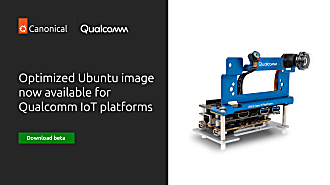Eric Jensen
on 15 February 2019

Robots are an increasingly important part of our lives, in more ways than we realise. I’m not talking just about Roombas, or the toy robots that inhabit the wish lists of the world’s children (and the young at heart). Robots are increasingly behind the scenes, powering the modern world we experience daily. From clothing to pharmaceuticals to home electronics to automobiles, robots are a major part of manufacturing and production.
Take, for example, the Tianyuan Garments Company. You may not have heard of them, but there’s a chance you’re wearing their clothes right now. Tianyuan makes clothing for everyone from Adidas to Armani. If you guessed they’re a Chinese company, you’d be right. But their latest factory isn’t in China, it’s in the United States. These factories are filled with a revolutionary new robot called the SewBot, from US-based SoftWear Automation. The SewBot can create finished garments from fabric and thread. Tianyuan’s US factory produces over 1,100 shirts per 8-hour shift, and is capable of operating around the clock.
Another example is the Small Robot Company, which operates farming robots in the UK. They created three robots named Tom, Dick, and Harry. The Small Robot Company doesn’t sell these robots though; instead they offer something they call FaaS, or Farming as a Service. You rent the robots you need for your farm, and that’s it. No need to spend vast sums on farm machinery that sits idle most of the year, and comes with a costly maintenance schedule. Even better, the robots constantly analyse soil quality and plant health, dispensing fertiliser or pesticides only when and where they’re needed. This saves the farmer even more money, and is better for the environment. Best of all, Tom, Dick and Harry run Ubuntu.

These two examples are already in the market, but they are only the beginning. We are around the corner from a ‘Cambrian explosion’ type event in robotics. In the coming years, we’ll grow accustomed to robots assisting us at work, home and play, in sickness and in health, etc. As robots become more and more a part of our world, there will be increasing pressure to make them secure, reliable, long lasting, and at lower prices than ever before.
If you’d like to know more about these challenges, and how we are working to address them, you might be interested in a talk I gave at the ROS Industrial conference in Stuttgart, Germany a couple months ago. ‘ROS’ refers to the ‘Robot Operating System,’ a software project built on Ubuntu, aimed at simplifying robotics development. ROS Industrial focuses on the manufacturing sectors. The talk explores Ubuntu Core, the Linux OS expressly designed for robots and other devices. You can watch the video here:



